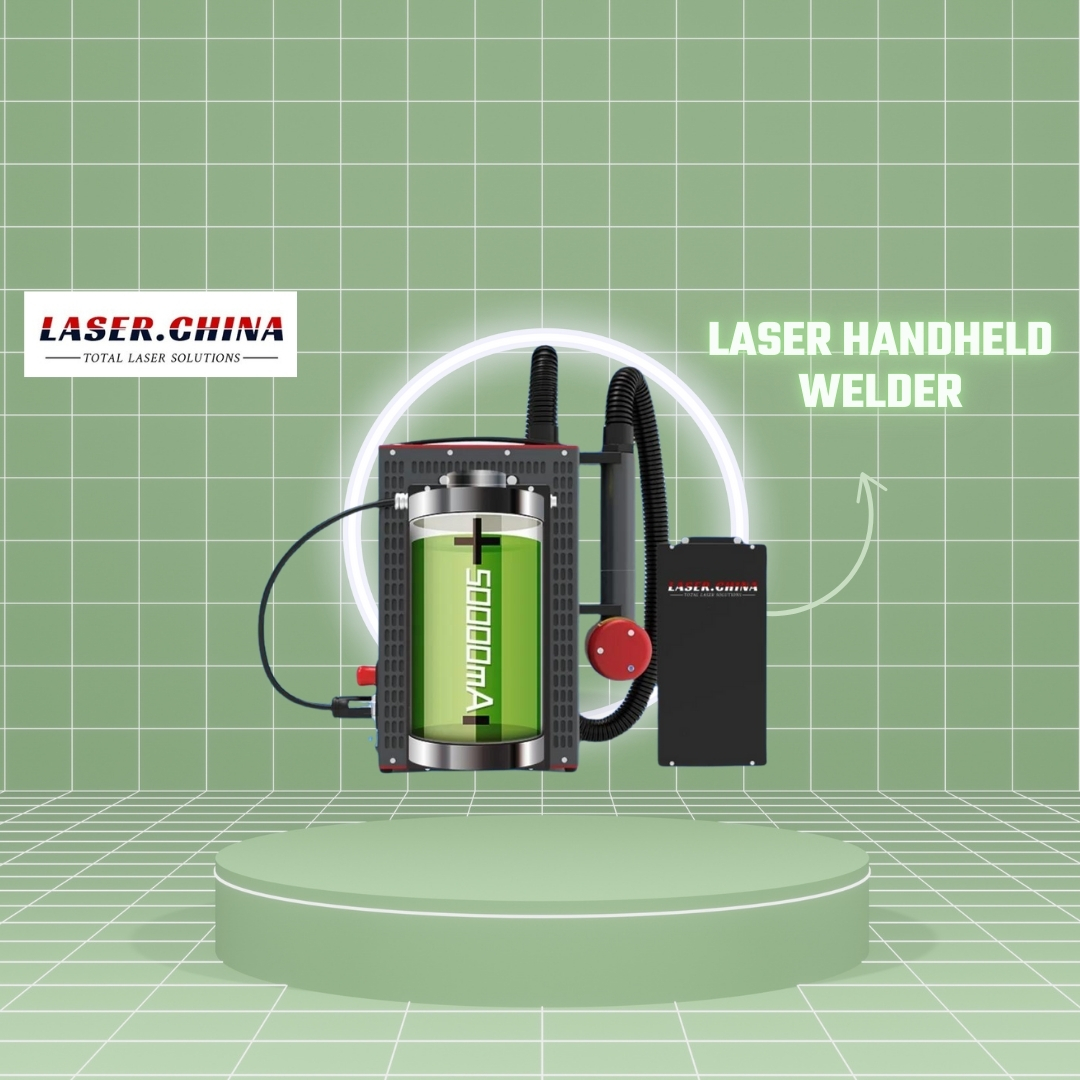Household appliances, the refrigerator is arguably one of the most important. It keeps our food fresh, helps us store meals, and preserves ingredients for longer periods. Like any other home appliance, Refrigerator repair can experience problems that need repair. In this guide, we’ll explore common refrigerator issues, how to address them, and when to call a professional for help.
Understanding Common Refrigerator Issues
Not Cooling Properly
One of the most common refrigerator issues is the unit not cooling adequately. Several factors can cause this, from dirty condenser coils to a malfunctioning thermostat. Regularly cleaning the coils can help improve performance, while a thermostat issue might require professional attention.
Strange Noises
If your refrigerator is making unusual noises, it could be due to a problem with the evaporator fan motor or the condenser fan motor. Sometimes, debris or dust buildup can cause these parts to emit strange sounds.
Water Leakage
Water leaking from your refrigerator is another issue that you might encounter. This could be due to a clogged defrost drain or a faulty water inlet valve. Both situations can usually be fixed with some basic troubleshooting steps.
Step-by-Step Troubleshooting for Common Issues
Checking the Thermostat
If your refrigerator isn’t cooling properly, the first step is to check the thermostat settings. Ensure it’s set to the proper temperature. If adjusting the thermostat doesn’t help, it might be defective and require replacement.
Cleaning the Condenser Coils
Dirty condenser coils can impede the cooling efficiency of your refrigerator. Unplug the unit, locate the coils, and gently clean them with a coil brush or a vacuum cleaner with a brush attachment.
Dealing with Strange Noises
To address unusual noises, check for any obstructions around the fan blades. Ensure the refrigerator is level because an uneven position can sometimes cause operational sounds to become louder or more noticeable.
Fixing Water Leakage
To resolve water leakage, first, check the defrost drain for blockages. Clear any ice or debris that might be causing water to overflow. If the issue persists, inspect the water inlet valve for cracks or damages and replace it if necessary.
When to Call a Professional
While many refrigerator issues can be resolved with DIY methods, there are situations when calling a professional is advisable:
Severe Electrical Issues
If you suspect your refrigerator has a severe electrical issue, such as not turning on at all, it’s safer to contact a professional. Electrical problems can be hazardous and should be handled by an expert.
Freon Leaks
Freon, or refrigerant, leaks are serious. They require specialized handling and should be addressed by a professional technician who is qualified to safely repair this type of issue.
Major Component Replacement
Replacing major components, like a compressor, can be complex and is best done by a professional. This ensures that the repair is performed correctly and safely.
Preventive Maintenance Tips
Regular Cleaning
Regularly cleaning your refrigerator extends its life and prevents many common problems. Clean the interior, wipe spills immediately, and vacuum the condenser coils periodically.
Check Door Seals
Ensure the door seals are airtight. Weak seals lead to energy waste and extra strain on the refrigerator’s cooling system. Test the seals by closing the door over a piece of paper. If the paper slides out easily, the seal may need replacing.
Keep It Full
Believe it or not, a full refrigerator maintains low temperatures better than an empty one. The mass of items inside helps to absorb warm air that enters when the door is opened.
Conclusion
Maintaining your refrigerator can seem daunting, but understanding how to address common issues helps keep your appliance running smoothly for years. Regular maintenance can prevent many problems, but when in doubt, always consult a professional. This guide should empower you to tackle basic repairs and maintain your refrigerator effectively, ensuring that it serves your household well without unexpected breakdowns.



